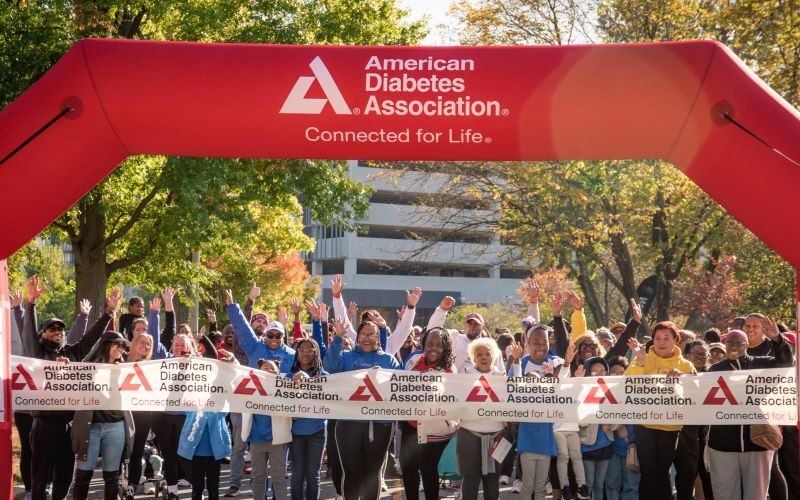Before Juneteenth was marked on calendars, it lived in the hearts of people who refused to accept chains as their birthright. This story holds space for five—out of many—abolitionists who didn’t wait for freedom to be handed down. But rather, they fought, plotted, wrote, and walked people toward it. Some used words. Others protest. All of them made sure slavery ceased to be the norm in America.
Frederick Douglass was aware that to combat slavery, he needed to become an expert in the language it used to defend itself. So, he read widely because reading gave him the words to name what had been done to him. He escaped, yes, but he didn’t run away quietly. He stood behind podiums and in parliaments where they expected him to be grateful, wrote, and spoke, reminding America that its ideals didn’t sound when mumbled over chains. He met presidents and challenged them. In a society that disbelieved in Black excellence, he rewrote what it meant to be both Black and intelligent.
William Wells Brown moved through the world with a keen sense of direction. After escaping slavery, he didn’t go quiet. He continued to write his story even though few people were interested in hearing it, and he didn’t stop at writing a book. In addition to writing plays, he traveled, gave lectures, and would go on to author the first book written by a Black American. Despite the possibility of re-enslavement, he walked into spaces that weren’t built with people like him in mind, knowing that bounty hunters could be in the crowd, and filled them with truth. Many years later, he’d finally be able to buy his freedom and travel abroad, but he made sure that his safety didn’t lull him to silence. Freedom had cost him and his people everything once, and he made sure the world didn’t forget.
Charles Lenox Remond recognized early on that survival alone was insufficient in certain situations. You had to speak loudly, clearly, and often. One of the first Black abolitionists to take the fight overseas, he stood in rooms where chandeliers dangled above heads that had never known chains and in front of crowds that flinched at the sight of his skin and laid bare America’s shame for the world to see. Expressing his anger and pain eloquently and gracefully, he called out not just the inhumanity of slavery but the sheer hypocrisy and the silence that let it fester.
David Walker’s The Appeal to the Colored Citizens of the World, smuggled through ports and stitched into sailors’ coats, found its way into slave quarters like a secret too urgent to keep and into the hands of slaveholders, who already placed a bounty on his head. In his writings, Walker, a friend of fellow abolitionist Frederick Douglass, had pointed his people to the detriments of constantly waiting and begging to be freed and had urged them to fight for their freedom in any way possible. This didn’t sit well with slave masters in the South, and so, they sought to kill him. He’d die about a year later, but he had sown enough seed in the hearts of his people.
Frances Ellen Watkins Harper, long before the Civil War tore the country open, was writing and speaking about what it meant to be Black, to be a woman, and to be free. She stood behind podiums in rooms that barely had space for one of those identities, let alone all three. A poet, she wrote about the anguish that came with watching sons being sold off and the mothers who were left behind to count on all fingers that their children were safe. Though born free, Harper knew that freedom came with a price, and so, she kept paying it one poem, one lecture, and one protest at a time.
These five people, among others, didn’t wait for Juneteenth to matter. They built the road to it—brick by brick, breath by breath. And so, when we gather every June 19th, we do not only remember our fight for freedom but also the ones who made it walkable.





